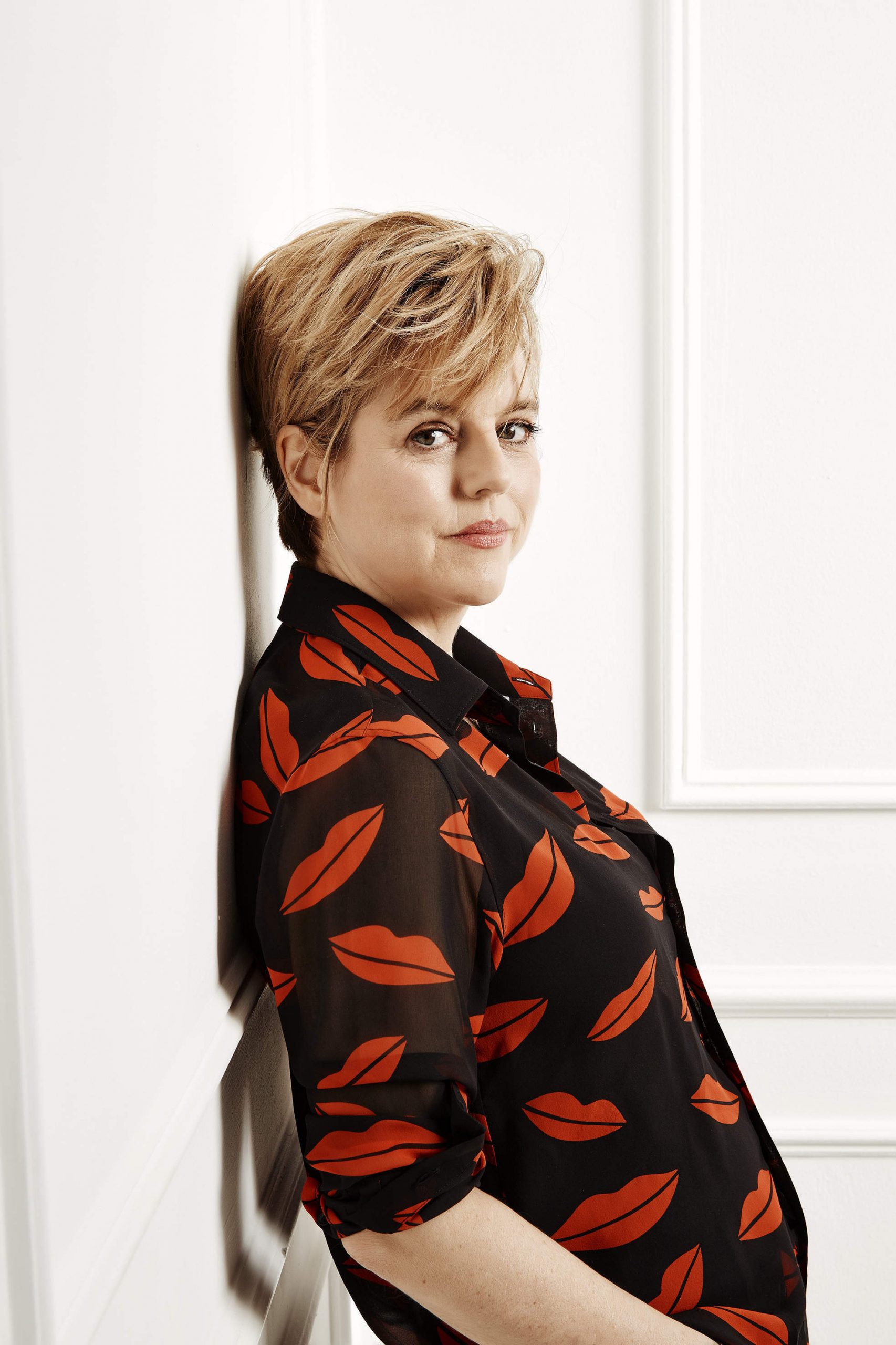
Rachel Kelly describes herself as a people-pleaser and yet 12 years ago she fled her own Christmas party, crushed by a deep depression. Hours later, she returned to her home in Notting Hill, west London, where her husband helped her to bed. The party continued downstairs – the Camerons and Osbornes were present, joined by the family’s other high-flying friends. “The struggle was over,” she wrote in her 2014 memoir, Black Rainbow. “I had tried and I had lost.”
Kelly’s suffering came as a surprise to many. A journalist at the Times, with a successful husband, beautiful house and healthy children, she had achieved everything she had wanted. But her mental health declined after the birth of her second child in 1997 and it took years of medication and therapy to recover.
Kelly’s latest book, Walking on Sunshine: 52 Small Steps to Happiness, describes the strategies that have helped her stay “calm and well” ever since. Drawing equally from science and art, each chapter (one for every week of the year) offers salves for both body and mind, from probiotics to poetry.
When we met one recent evening at a café near her home, Kelly barely remembered to drink her water, so eager was she to share her experiences. She hopes that her new book will be for “those of us who, at times, find life stressful, or who wish to try to feel a little steadier”. It’s the kind of book she wishes she had read before becoming ill. “I’m a believer in prevention rather than cure,” she said. “I do a lot of work in schools, where we have a massive problem with teenage mental health. What makes me feel so exhilarated is that there really are things you can do.”
Having seen depression from both sides, as a sufferer and a campaigner, she is acutely aware of the stigma that mental illness still carries, particularly among people working in middle-class jobs. “If you’re unemployed or facing real social deprivation, there’s an expectation that you might get depressed. But in that middle cohort – of lawyers, bankers, doctors – there’s a lot of pressure, yet it’s hard to admit you might be suffering.”
Challenging such stigmas is vital. The head of the charity Mind estimates that 75 per cent of people with mental health problems do not receive any treatment. The number of those who do has continued to rise: the NHS issued roughly 53 million prescriptions for antidepressants in 2013, an increase of a quarter in three years. In some cases “antidepressants can be life savers”, Kelly told me. For others, “it’s empowering to take responsibility for what you can do yourself”. In her own case, she found that useful strategies came not only from professionals but from family, friends, readers and those who took part in the workshops she runs. She has found the words of poets helpful. It was a poem, “Love (III)”, by the 17th-century clergyman George Herbert, that she credits with kick-starting her recovery: “Love bade me welcome. Yet my soul drew back.”
Pointing to work being done by the Royal College of Music and a new charity, ReLit, which promotes the use of imaginative literature in treating stress and anxiety, Kelly is hopeful that the bonds between well-being and the arts will grow.
“The NHS rightly has to be evidence-based,” she said, “but I’m absolutely certain that the arts have an important part to play in mental health and we’re beginning to see the research that proves it.” Though Kelly spoke cheerfully about her experiences, her present life is not without anxiety. Like anyone, she worries about the future. “I suppose if I wish for something, it’s for my children to avoid what I went through,” she said. “You wouldn’t wish depression on anyone.”
This article appears in the 18 Nov 2015 issue of the New Statesman, The age of terror



